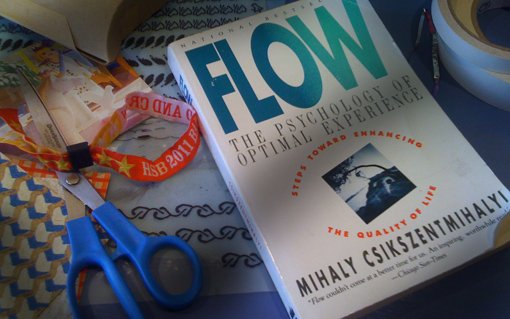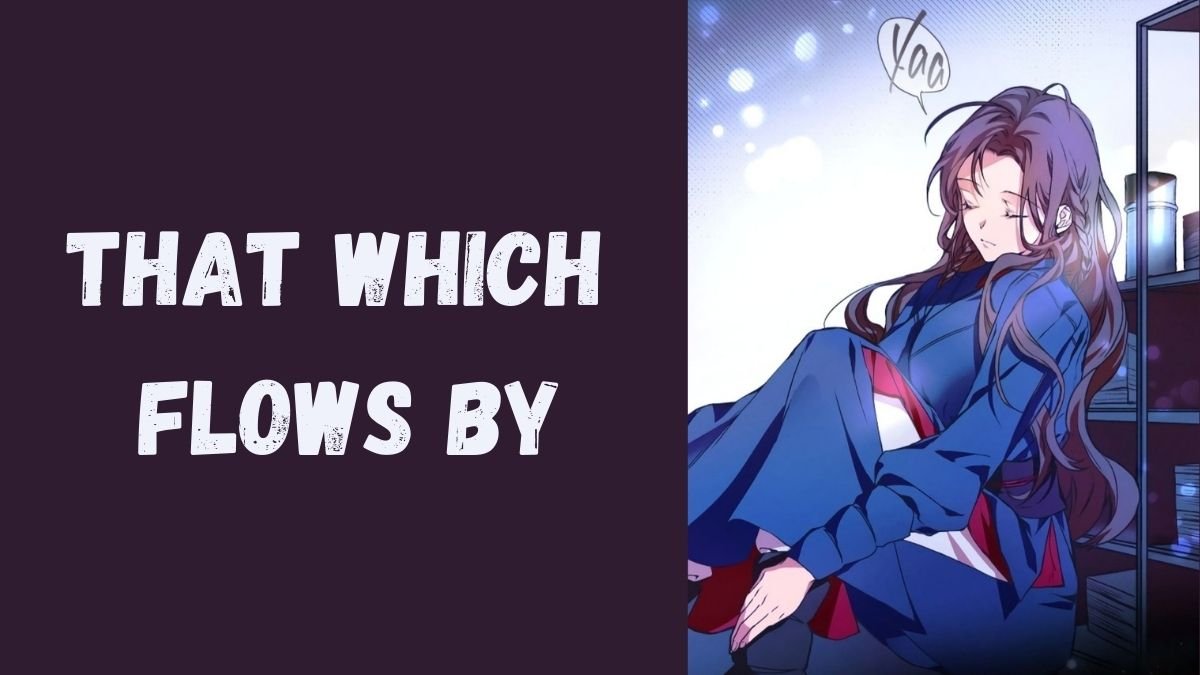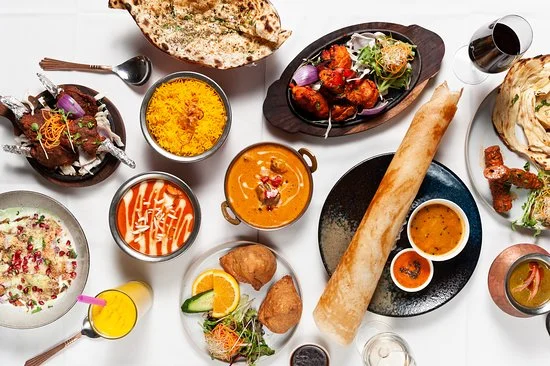Imagine a world where our happiness is intricately tied to the state of our minds – where we are at our most content when our thoughts flow seamlessly. This is the essence of Mihaly Csikszentmihalyi’s 2009 novel, “That Which Flows By,” a work of fiction that has captivated readers across the globe. In this journey of self-discovery, Csikszentmihalyi takes us through the life of a young woman named Lila, whose quest for meaning leads her to the profound concept of “flow.”
About The Author
Mihaly Csikszentmihalyi, a Hungarian-American psychologist, is renowned for his pioneering work in identifying and coining the term “flow,” which refers to a heightened state of concentration conducive to peak productivity. He held the position of Distinguished Professor of Psychology and Management at Claremont Graduate University. Prior to that, he served as the head of the psychology department at the University of Chicago and led the departments of sociology and anthropology at Lake Forest College. Born on September 29, 1934, in Fiume, which is now known as Rijeka and was once part of the Kingdom of Italy, Csikszentmihalyi earned his B.A. in 1959 and completed his Ph.D. in 1965, both at the University of Chicago.
That Which Flows By: A Tale of Self-Discovery
Lila, the novel’s central character, grapples with the age-old question: “Who am I?” Her search for self-realization propels the narrative forward as she embarks on a personal odyssey to uncover her true identity. The story underscores the idea that genuine happiness can only be achieved after one truly knows themselves.
You Might Also Like: Plundering in The Apocalypse
The Enigma of Flow

At the core of this novel lies the concept of “flow.” Imagine being so immersed in a task, so engrossed in your thoughts, that the world around you seems to disappear, and time slips away unnoticed. This is the mental state of flow, a highly focused and productive condition explored in “That Which Flows By.” The novel suggests that when we find ourselves in this state, we are at our happiest. Flow becomes a pathway to happiness, a conduit to our most productive selves.
Where to Learn More About the Concept of Flow?
If you’re interested in learning more about the concept of flow, I recommend checking out the following resources:
- Positive Psychology provides an in-depth article on the eight traits of flow according to Mihaly Csikszentmihalyi, the psychologist who first identified and researched flow.
- Psychology Today has an article on flow and happiness that explores how flow can lead to greater well-being.
- Wikipedia has a comprehensive article on the concept of flow, including its history, characteristics, and applications.
- Verywell Mind has an article on how to reach an immersed state of flow.
I hope these resources help you learn more about the concept of flow!
The Creative Pursuit
In this beautifully crafted narrative, Csikszentmihalyi also emphasizes the role of creativity in our lives. He suggests that creativity is not just a skill but an essential facet of the human experience. We need to embrace our creative energies to find fulfillment and happiness.
The Ensemble of Characters
The novel boasts a compelling ensemble of characters, each contributing significantly to the unfolding story.
- Lila: The young and determined protagonist, Lila, symbolizes the quest for self-discovery and meaning. Her journey forms the backbone of the narrative.
- John: Lila’s mentor, John, plays a pivotal role in guiding her towards understanding the concept of flow. He is the wise figure who helps Lila on her journey towards self-realization.
- Sarah: Sarah is Lila’s friend and pillar of emotional support throughout her quest. She represents the importance of relationships in our personal journeys.
The Art of Simple Yet Profound Writing
Mihaly Csikszentmihalyi’s writing style in “That Which Flows By” is characterized by its simplicity and accessibility. He masterfully conveys profound and intricate ideas using straightforward language. As a result, the book welcomes readers of all ages and backgrounds into its world, making it an engaging read for everyone.
Some Other Books by Mihaly Csikszentmihalyi

Mihaly Csikszentmihalyi, the renowned psychologist, has penned a series of influential books delving into the intriguing realms of flow and psychology. Here, we present a selection of his noteworthy works:
- “Flow: The Psychology of Optimal Experience”: This book stands as the cornerstone of the concept of flow, offering a profound exploration of the notion that our greatest joy arises when we are submerged in a state of flow – an intensely focused mental state that fuels our productivity.
- “Creativity: Flow and the Psychology of Discovery and Invention”: Csikszentmihalyi’s insightful work delves into the core of human existence, contending that creativity isn’t just a skill but an indispensable aspect of life. It asserts that to find genuine happiness and fulfillment, we must embrace our innate creativity.
- “Finding Flow: The Psychology of Engagement with Everyday Life”: This book takes the concept of flow to the context of our daily existence. It explores how we can infuse our everyday lives with the essence of flow, suggesting that by engaging in activities that promote this state, we can enhance our overall well-being.
These books are celebrated for their depth and insight, having garnered enthusiastic acclaim from both readers and critics alike.
You Might Also Like: The Flower of Veneration Chapter 1
Conclusion
In “That Which Flows By,” Mihaly Csikszentmihalyi masterfully weaves a compelling narrative around the profound concept of flow, which is explored as the key to happiness and productivity. Through the journey of Lila and the wisdom imparted by characters like John and Sarah, the novel delves deep into themes of self-discovery and the essential role of creativity in our lives. Csikszentmihalyi’s accessible writing style makes this exploration accessible to a diverse readership. His groundbreaking work extends beyond fiction, as exemplified in books like “Flow: The Psychology of Optimal Experience,” “Creativity: Flow and the Psychology of Discovery and Invention,” and “Finding Flow: The Psychology of Engagement with Everyday Life.” These writings collectively illuminate the path to a fulfilling life, celebrating the state of flow as a gateway to our happiest and most productive selves.









